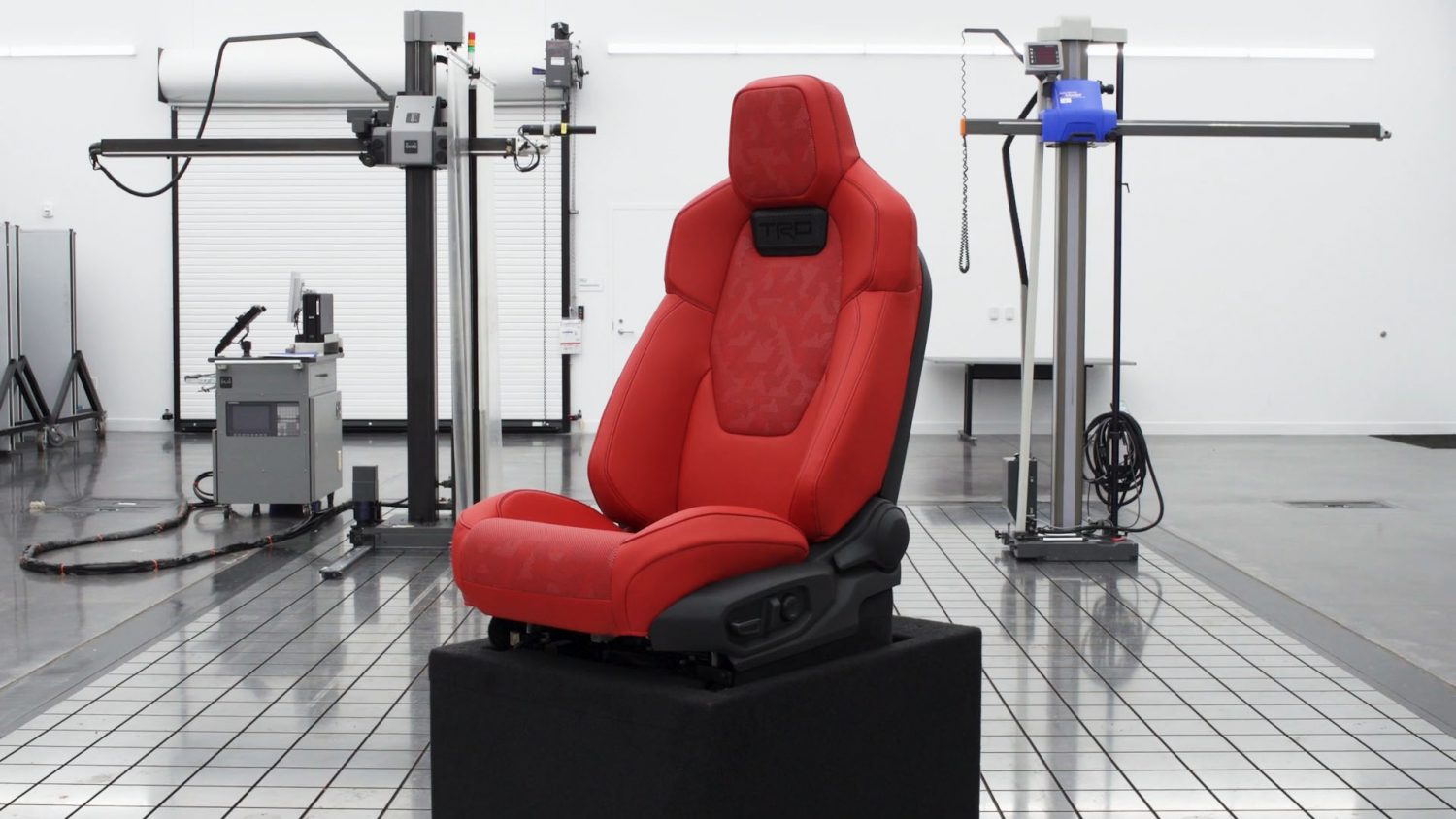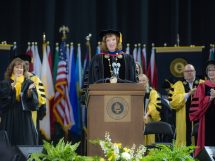
ANN ARBOR, Mich. — Securing its position at the forefront of U.S. automotive innovation for the 10th consecutive year, Toyota has been awarded more patents from the United States Patent and Trademark Office (USPTO) than any other automaker according to an annual report by the Intellectual Property Owners Association (IPO).
Despite a challenging year that saw a 3% overall decline in patents granted across all industries in the United States, Toyota ranked seventh among all companies awarded patents in 2023, receiving a total of 2,667 patents.
“This achievement continues to underscore Toyota’s unwavering commitment to innovation, particularly in areas critical to the future of mobility such as electrification and intelligent transportation solutions,” said Sandra Phillips Rogers, senior vice president of corporate resources and chief legal officer at Toyota Motor North America. “Our focus is on creating sustainable and advanced technological solutions and contributing to the betterment of society and the industry at large, all while ensuring our innovations are recognized through filings with the USPTO.”
Toyota’s 2023 patents showcase the company’s wide-ranging innovations, including:
- Kinetic Seat Cushion for Vehicles – A key element of the IsoDynamic Performance Seat, debuting exclusively on the all-new 2024 Toyota Tacoma TRD Pro that helps provide a smooth, confidence-inspiring ride for those in the driver and front passenger seats. The ISO D seat assembly absorbs vehicle inputs vertically and laterally, reducing the overall load and impacts onto the vehicle occupant.
- Woven Carbon Fiber Reinforced Steel Matrix Composite – A carbon fiber fabric of long, organized fibers within a steel matrix that produces a lighter weight material without sacrificing performance. By layering the carbon fiber in a weaving pattern sintered with steel nanomaterial, the composite is stiff. This innovation can be used for lightweighting vehicle parts where engineered forms of steel are needed.
- Systems and Methods with Dual Function Coil Providing In-vehicle Wireless Power – This innovation for traction-battery-equipped vehicles (PHEVs & BEVs) uses a dual function coil, installed in the vehicle, that can wirelessly receive power from the grid for recharging the battery and transmit power for the integrated auxiliary power supply. The technology eliminates the need for bulky cables, many connectors, and duty plugs to provide in-vehicle charging and small load power supply (for cabin lights, screens, mobile devices, etc.), thereby enhancing convenience and system integration as well as reducing space needs, cost, and weight of the vehicle.
“Toyota team members work very aggressively at research and development to discover cutting-edge technology for propelling the company forward,” said Frederick Mau, intellectual property counsel and director of Patent Licensing for Toyota Motor North America. “It’s impressive to see the fruits of their efforts reflected in these rankings every year.”
Globally, Toyota spends approximately $1 million per hour on R&D, to ensure that Toyota rapidly and continuously develops cutting-edge, high-quality, and appealing vehicles and technologies. This commitment ensures that Toyota not only delivers on the needs of customers but also anticipates its role in future societal progress.
Toyota has been a part of the cultural fabric in North America for more than 65 years, and is committed to advancing sustainable, next-generation mobility through our Toyota and Lexus brands, plus our more than 1,800 dealerships.
Toyota directly employs more than 63,000 people in North America who have contributed to the design, engineering, and assembly of nearly 47 million cars and trucks at our 13 manufacturing plants. Toyota Motor Manufacturing Kentucky in Georgetown employed more than 9,000. By 2025, Toyota’s 14th plant in North Carolina will begin to manufacture automotive batteries for its 27 electrified vehicles.
Globally, Toyota spends approximately $1 million per hour on R&D to ensure that Toyota rapidly and continuously develops cutting-edge, high-quality, and appealing vehicles.
For more than 50 years, Toyota Motor North America Research & Development (TMNA R&D) has led engineering for several of the best-selling Toyota vehicles on U.S. roads. Toyota’s innovation has produced more patents from the United States Patent and Trademark Office than any other automaker for the past 10 consecutive years (2,667 in 2023). Centered in Ann Arbor, Mich., TMNA R&D is pursuing Toyota’s mission to “Produce Happiness for All” by making life safer, easier and more enjoyable.



















